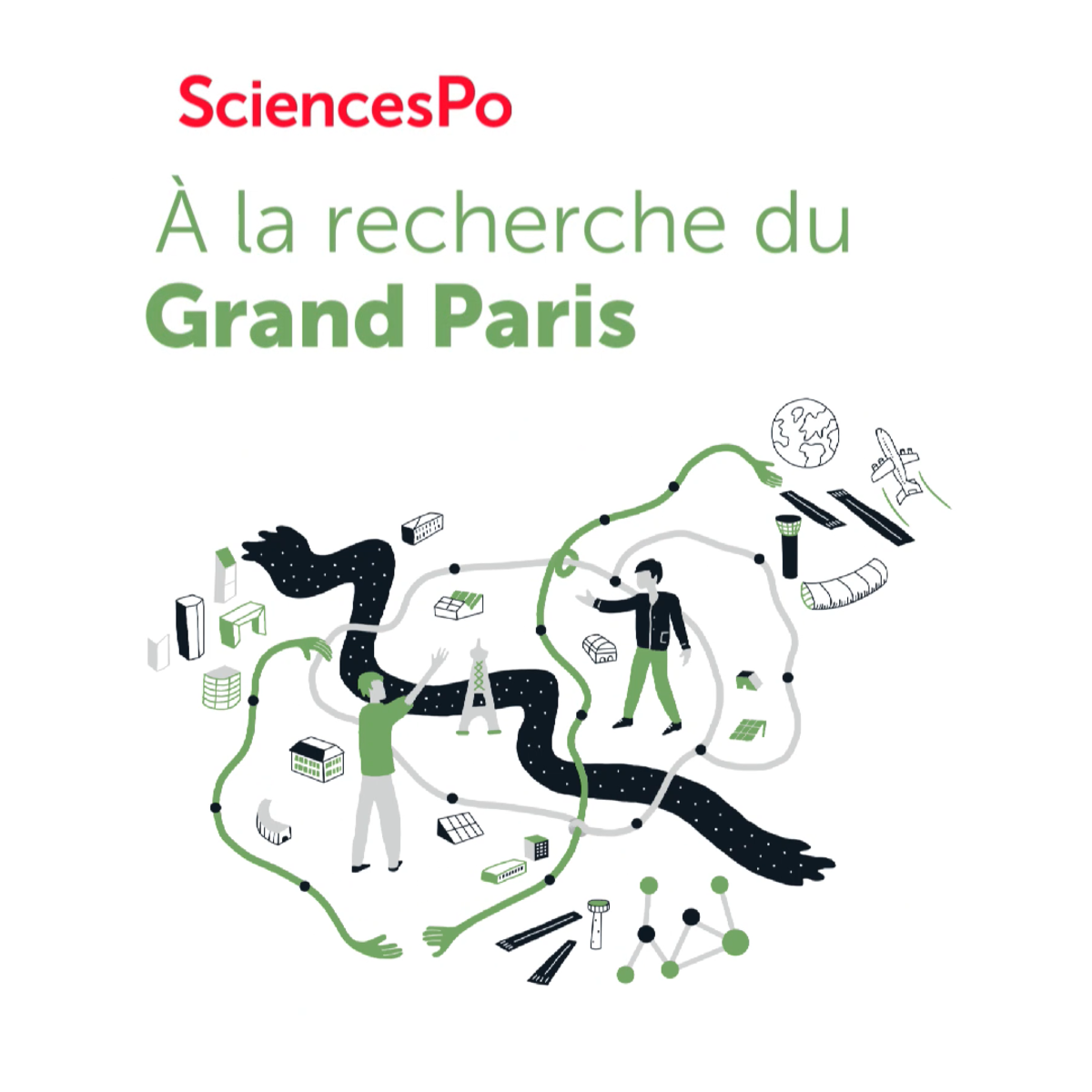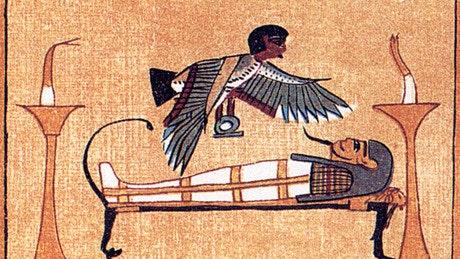Back to Courses









Social Sciences Courses - Page 24
Showing results 231-240 of 672

Foundations of Teaching for Learning: Curriculum
The Foundations of Teaching for Learning programme is for anyone who is teaching, or who would like to teach, in any subject and any context - be it at school, at home or in the workplace. With dynamic lessons taught by established and respected professionals from across the Commonwealth, this eight course programme will see you develop and strengthen your skills in teaching, professionalism, assessment, and more. As you carry on through the programme, you will find yourself strengthening not only your skills, but your connection with colleagues across the globe. A professional development opportunity not to be missed.
Curriculum is a framework for guiding teaching and learning. This course provides an opportunity for you to consider the relationship between the teacher, the learner and the curriculum.
Enhance your course by joining the Commonwealth teaching community on our website, Facebook and Twitter.

Teaching Writing Final Project
One of the goals of the Teaching Writing specialization has been to help every learner consider ways to adapt what they are learning and apply it to their specific situation, needs and interests. The theories, strategies and practices presented in these courses are sound, and can work with any student of any age and skill level, provided each learner is able to adapt their learning and apply it to their specific students, current or future. In this final project, learners will select one component from each of the four courses that are among the most important things they learned from that course. They will describe what these components are, explain why they are important to the learner, and create a plan for incorporating that new learning into their teaching or their own writing going forward.

Searching for the Grand Paris
What is the reasoning for the Grand Paris? What does the transformation of the relationship between Paris and its suburbs imply? “Searching for the Grand Paris” is an original MOOC featuring accounts from residents, association representatives, experts, and researchers. It also contains archival footage and documents, as well as a comparative analysis of Brussels, London, and other French cities. The MOOC combines historical and comparative approaches with a discussion of controversial topics. It also reflects upon the notion of scale and questions what is at stake in the implementation of the Grand Paris. It discusses the evolution of Paris and its region, as well as issues such as ethnic and social segregation, economic growth, safety, the environment, housing, transportation, city construction, education, and culture. “Searching for the Grand Paris” is not exclusively directed towards universities. It is free and for the general public. This dynamic, even lively, MOOC was made in collaboration with students from the University of Science Po (Paris Institute of Political Studies), along with many other contributors.
TEACHER : Patrick Le Galès (politist and sociologist)
PREREQUISITE
There is no required prerequisite for this course.
PLAN DU COURS
Session 1: Metropolization and Economic Growth
Session 2: Population and Migration
Session 3: Housing and Construction
Session 4: Transportation and Mobility
Session 5: Law enforcement and Environment
Session 6: Culture and Education
EVALUATION
This MOOC offers a final MCQ.
PEDAGOGICAL TEAM
Héloïse Thibault, Valentine Quinio, Judith Lienhard, Ninon Beillard, Juliette Guichardet, Odile Gaultier-Voituriez, Miyuki Tsuchiya, Maxime Crépel, Pôle Audiovisuel Sciences Po
TERMS OF USE
All rights reserved
PARTNERS
Mairie de Paris | Ecole urbaine de SciencesPo Paris | Grand Public

Foundations of Teaching for Learning: Introduction
The Foundations of Teaching for Learning programme is for anyone who is teaching, or who would like to teach, in any subject and any context - be it at school, at home or in the workplace. With dynamic lessons taught by established and respected professionals from across the Commonwealth, this eight course programme will see you develop and strengthen your skills in teaching, professionalism, assessment, and more. As you carry on through the programme, you will find yourself strengthening not only your skills, but your connection with colleagues across the globe. A professional development opportunity not to be missed.
This introductory course considers the three domains of being a teacher: Professional Knowledge and Understanding; Professional Practice; and Professional Values, Relationships and Engagement.
Enhance your course by joining the Commonwealth teaching community on our website, Facebook and Twitter.

Health, Society, and Wellness in COVID-19 Times
You may be encountering a world unlike any other generation. The public health crisis of the COVID-19 pandemic has created a context of pervasive uncertainty, heightened anxiety, and social isolation that overlaps with a critical time of your own learning and development. The COVID-19 pandemic also has exacerbated long-standing inequalities and disparities, and recent events in the United States have laid bare historical and current realities of racism and systemic oppression. These challenges make starting college complicated in unprecedented ways, compounded by the fact that our university settings are themselves complex and rapidly changing. These challenges also present unique opportunities for interdisciplinary and practical learning.
This course aims to help you navigate this world and the new conditions for learning with knowledge and skill. We designed the course with participatory methods, which means that we asked students to take a key role as partners with faculty in designing the course content, structure, and learning experiences. Together, we sought to integrate faculty expertise with the perspectives and experiences of students to make the course material relevant to your life.
In this class, we will explore perspectives on disease and society and on systemic racism and inequality with scholars in the natural sciences, social sciences, arts and humanities, education, communications and media, and engineering. Engaging these disciplines to examine the complex problems of the global pandemic and systemic racism will help you build conceptual and practical skills that you will use throughout college and beyond.
In conjunction with investigating health and social crises, new and ongoing, we also will explore the science and practice of individual and community wellness. You will learn skills relevant to emotions, relationships, common mental health concerns, and learning in the age of Zoom and remote classes. You will learn practices of cooperation, compassion, and anti-racism for community wellness.
Welcome to Health, Society, and Wellness in COVID-19 Times!

Management Foundations in the Hospitality Industry
This course is an introduction to motivation, leadership, communications, decision making, and leading people through effective management of human resources (HR), ethics, social responsibility, and managing consumer experiences in the hospitality industry by examining service-driven management foundations.
Upon successful completion of this course, you will be able to:
1. Understand how HR departments analyze resource allocation for jobs and the factors which influence job design.
2. Understand how HR departments determine the most effective methods of recruiting talent.
3. Identify and implement best practices when it comes to interviewing candidates.
4. Appreciate the importance of a well-designed employee training and socialization program.
5. Understand the importance of performance appraisals and how they can be used to guide professionals on promotion, termination, and liability avoidance.
6. Understand how an organization can avoid legal liability for "negligent hiring."
All required readings are delivered in the course modules. These include external links, articles, graphics, and videos.
The course is comprised of the following elements:
• Topic videos: In each module, the concepts you need to know will be presented in short introductory videos. You may stream these videos for playback within the browser by clicking on their titles or downloading the videos
• Discussions: This course provides activity guides as you progress through each lesson.
• Quizzes: You will have practice quizzes throughout the course to check for understanding.

Topics in Applied Econometrics
In this course, you will discover models and approaches that are designed to deal with challenges raised by the empirical econometric modelling and particular types of data. You will:
– Explore the motivations of each approach by means of graphs, preliminary statistics and presentation of economic theories
– Discuss the problem of identification of the parameters, and how to address this problem by modelling simultaneous equations and causality in economics.
– Examine the key features of panel data, and highlight the advantages and disadvantages of working with panel data rather than other structures of data.
– Learn how to choose what econometric specification to adopt by introducing the test for poolability and the Hausman tests.
– Discuss models for probability that are used where the variable under investigation is qualitative, and needs to be treated with a different approach.
– Learn how to apply this approach to building an Early Warning system to forecast systemic banking crises using data from the World Bank.
It is recommended that you have completed and understood the previous two courses in this Specialisation: The Classical Linear Regression Model and Hypothesis Testing in Econometrics.
By the end of this course, you will be able to:
– Respond appropriately to issues raised by some feature of the data
– Resolve address problems raised by identification and causality
– Resolve problems raised by simultaneous equation and instrumental variables models
– Resolve problems raised by longitudinal data
– Resolve problems raised by probability models
– Manipulate and plot the different types of data.

Sports and Society
Sports play a giant role in contemporary society worldwide. But few of us pause to think about the larger questions of money, politics, race, sex, culture, and commercialization that surround sports everywhere. This course draws on the tools of anthropology, sociology, history, and other disciplines to give you new perspectives on the games we watch and play. It's the new and improved version of Professor Orin Starn's original "Sports and Society" for Coursera, which drew more than 40,000 students. We will focus on both popular sports like soccer (or “football,” as anyone outside America calls it), basketball, and baseball, and also lesser-known ones like mountain-climbing and fishing. You will never watch or think about sports in the same way again.

Intercultural Management
This MOOC explores different aspects of intercultural management, including teams, leadership, Human Resource Management, marketing and negotiations. When you complete this MOOC, you will have a richer understanding of the concept of culture, and how culture influences the way that individuals behave.
You will also get a deeper knowledge about how culture shapes management practices in international organizations. We will introduce you to a number of experts in the field of intercultural management who will discuss the challenges and the benefits of dealing with employees on a global level.
Moreover, we will share with you insights from our own research to illustrate recent developments in the field of intercultural management. During the MOOC we will provide you with a variety of concepts and tools that empower you to successfully interact with people from other cultures to achieve your desired personal and business-related goals.
Please have a look at the teaser available at : https://www.youtube.com/watch?v=LVze_O6vjKI

Soul Beliefs: Causes and Consequences - Unit 1: Historical Foundations
Throughout history, the vast majority of people around the globe have believed they have, however defined, a “soul.” While the question of whether the soul exists cannot be answered by science, what we can study are the causes and consequences of various beliefs about the soul and its prospects of surviving the death of the body. Why are soul and afterlife beliefs so common in human history? Are there adaptive advantages to assuming souls exist? Are there brain structures that have been shaped by environmental pressures that provide the foundation of body/mind dualism that is such a prominent feature of many religions? How do these beliefs shape the worldviews of different cultures and our collective lives? What is the role of competing afterlife beliefs in religion, science, politics, and war? This course explores several facets of this relatively unexplored but profoundly important aspect of human thought and behavior.
The course consists mainly of 70 to 80 minute lectures, typically broken up into 3 segments, recorded from a course offered by Rutgers University School of Arts and Sciences. These videos include slides and some embedded video clips. Most lectures are accompanied by slides used during the lecture, also including recommended reading assignment which may provide additional opportunities to reflect on your studies.
Due to the lengthiness of this class and natural progression, the online course has been separated into 3 units, this is Unit 1.
